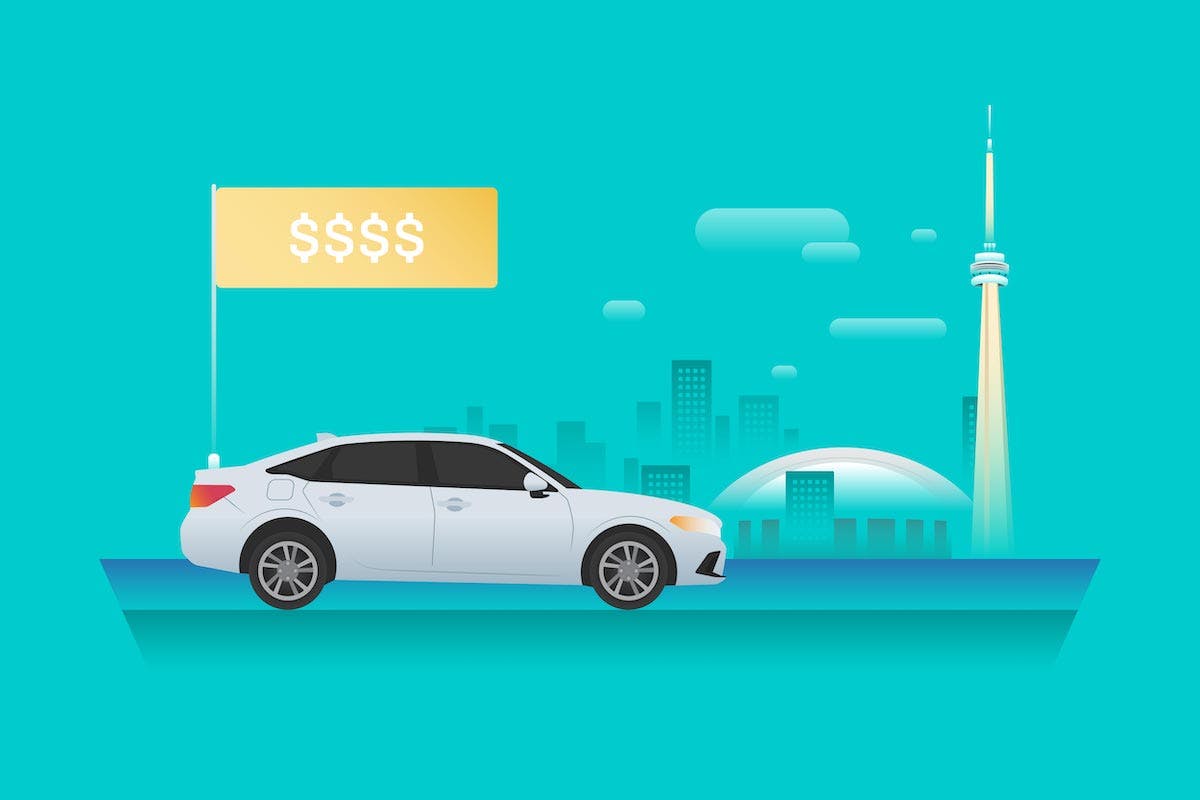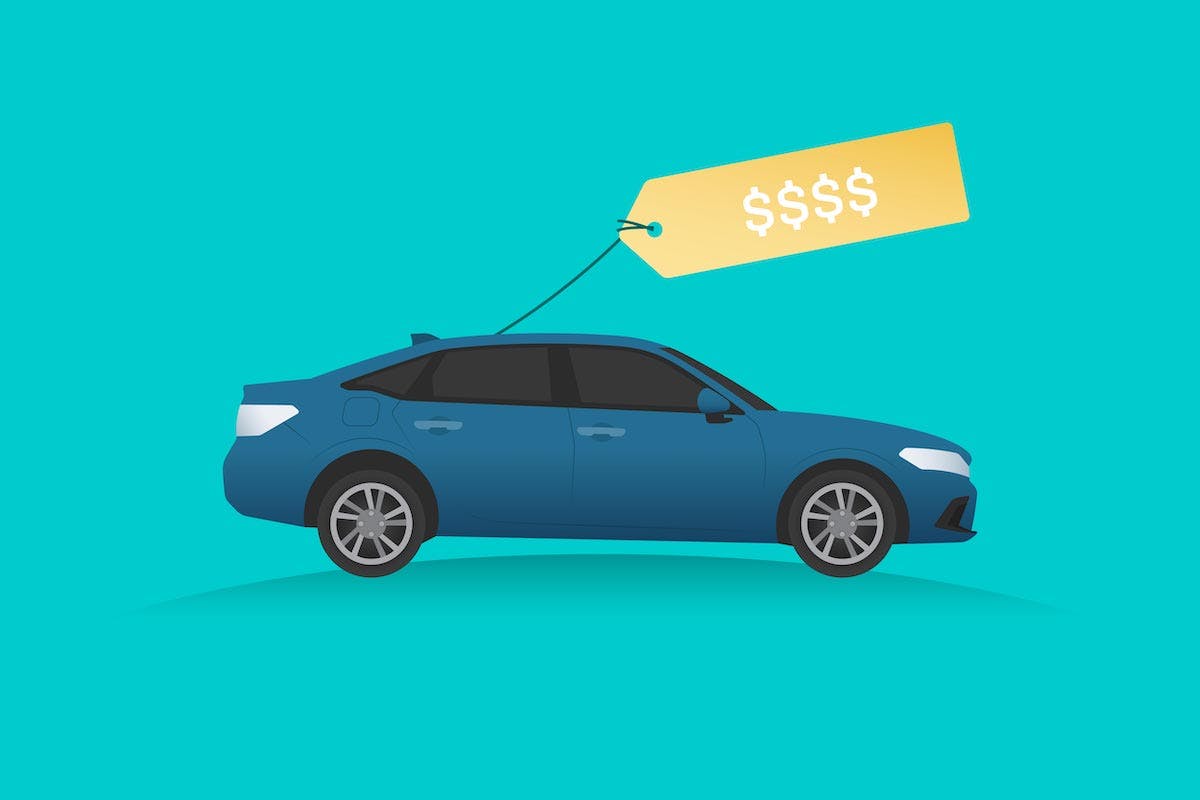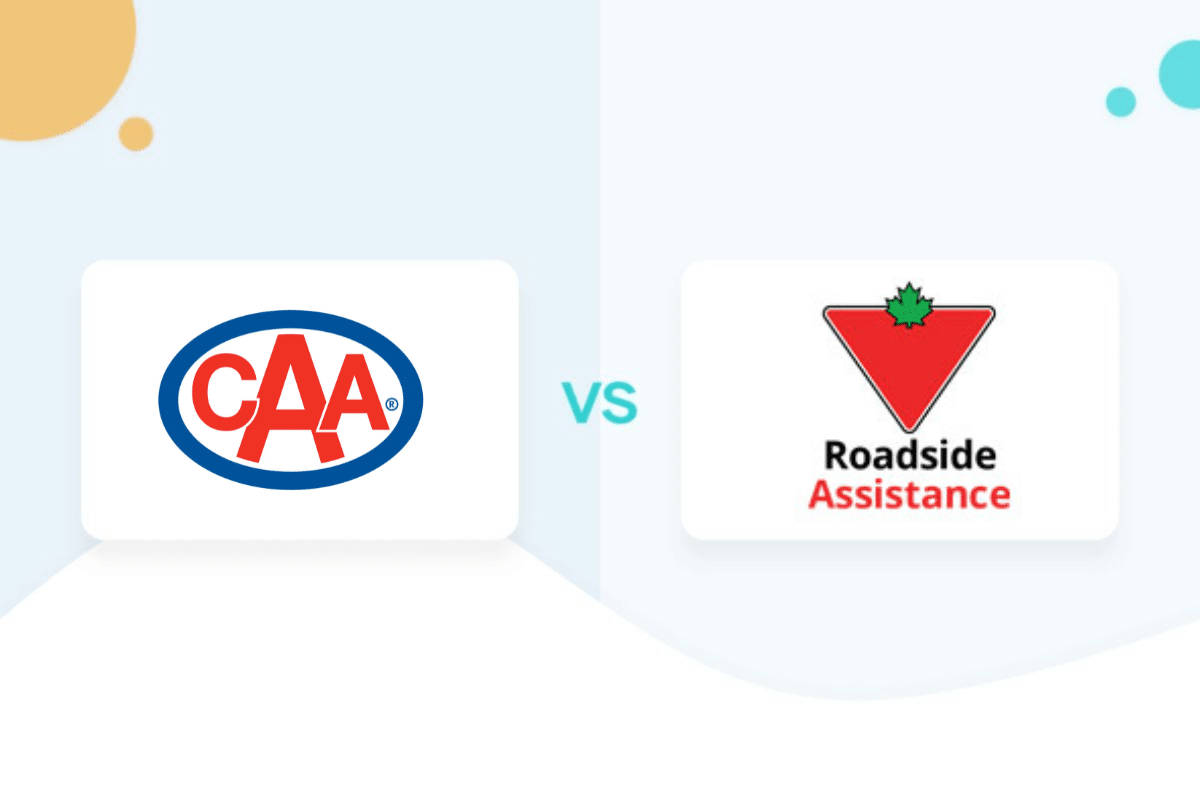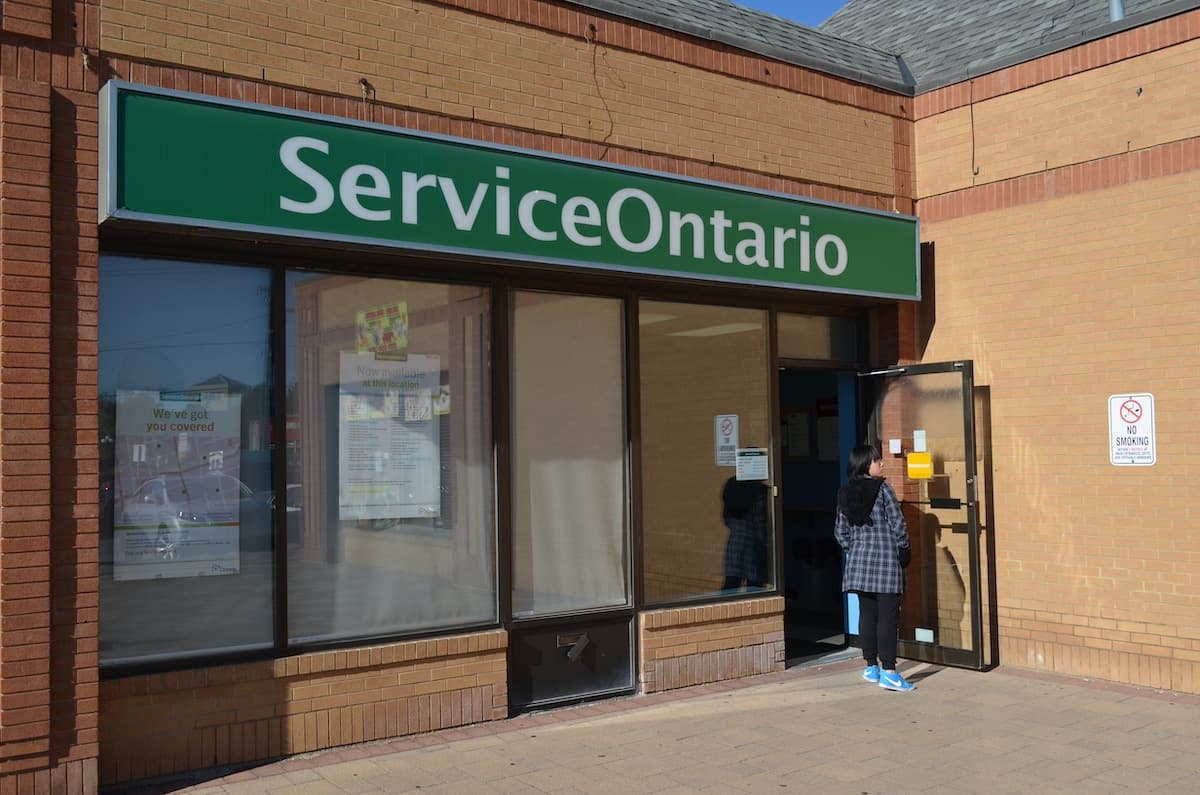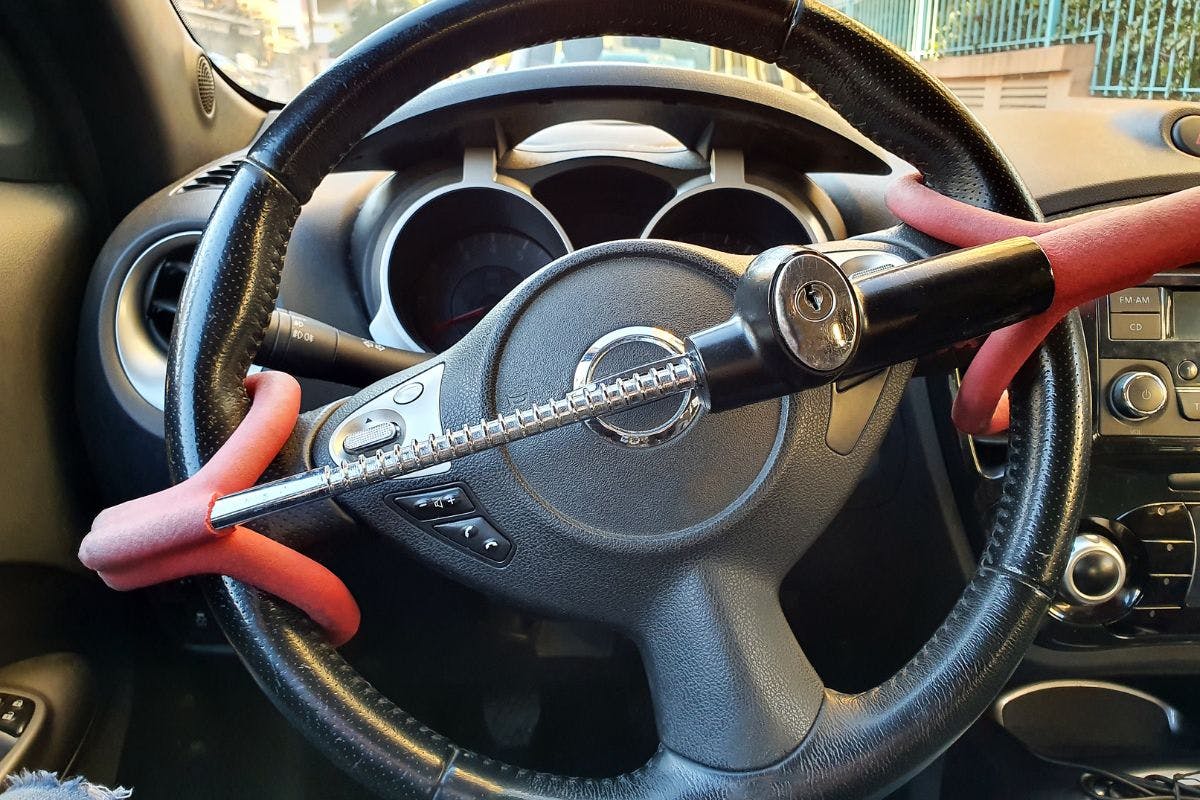Cars
If you want to make better financial decisions about buying, selling, leasing or maintaining your car, you've come to the right place.
Popular articles about cars

The 13 Cheapest Cars in Canada for 2024
Maude Gauthier - 14 Dec 2023

The 10 Best SUVs in Canada For 2024
Heidi Unrau - 10 Jan 2024

How to Buy Your Next Vehicle at a Car Auction in Canada in 2023
Eugene Ohotnikov - 17 May 2023

The 13 Best Roadside Assistance Programs in Canada
Louis Angot - 18 Jul 2023

How to Transfer a Car Lease in Canada: A Step-by-Step Guide
Steven Brennan - 14 Jul 2023

The 5 Best Winter Tires in Canada for 2024
Heidi Unrau - 29 Dec 2023

The Ultimate Guide to Car Seat Rules in Canada
Yuri Sychov - 29 Jun 2023
Frequently asked questions about cars
How much is my car worth?
Your car’s valuation depends on a multitude of factors including the make and model of the car, year of production, the condition that the car is currently in, and the total mileage. In general, newer models with lower mileage will command higher prices on the market. Similarly, cars that are kept in good condition will also yield a better market price. To gain a rough estimate of what your car is worth, you can use online resources such as the Kelley Blue Book or the Canadian Black Book which provide free car valuations based on inputs that you enter about your specific vehicle.









